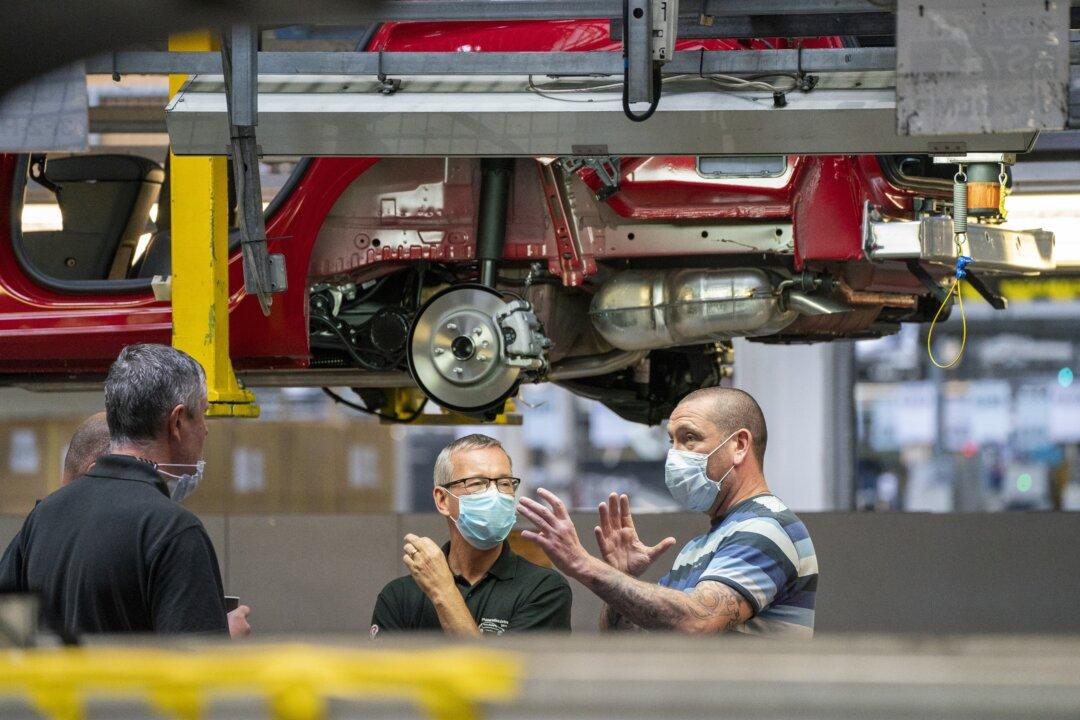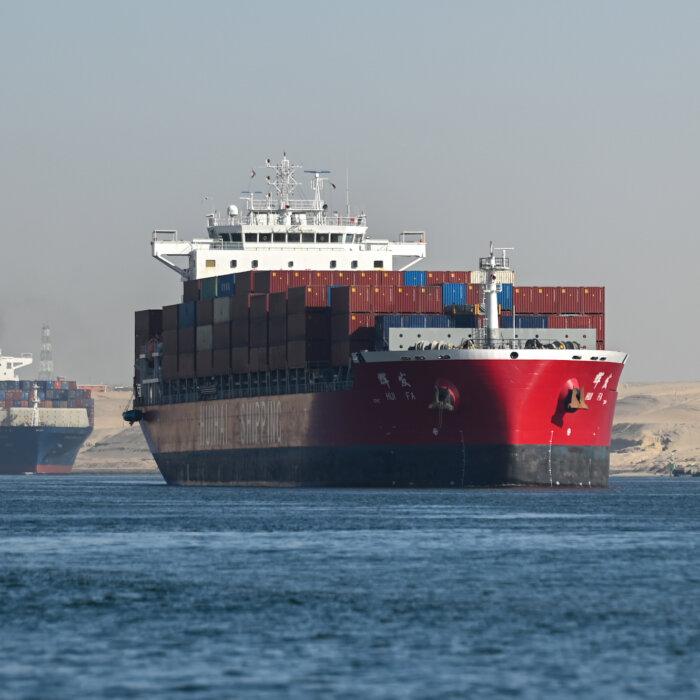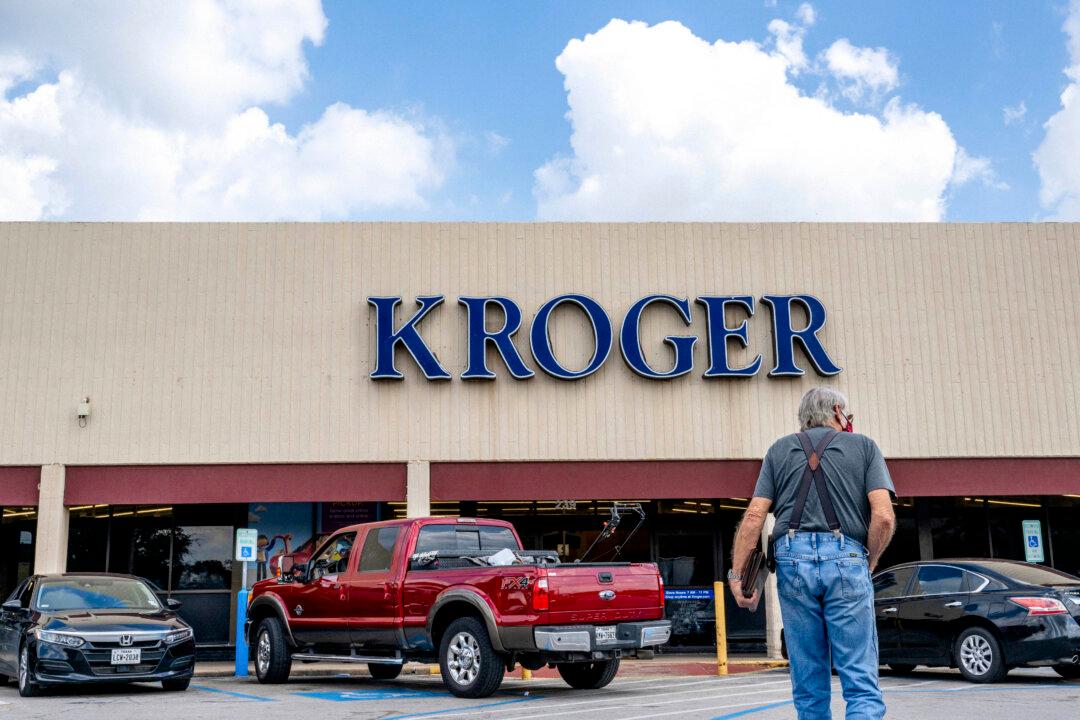The UK manufacturing sector recovered in the first quarter of the year, returning to growth for the first time since July 2022, analysis has found.
Manufacturing output grew in March, reaching the 50.3 mark in the Purchasing Managers’ Index (PMI), which measures business conditions.
This is the first time the PMI climbed above the neutral 50.0 mark after an over 19-month slump.
Growth in the consumer goods sector offset downturns in the intermediate and investment goods categories. UK manufacturing production was on the rise for the first time since February 2023.
“The end of the first quarter saw UK manufacturing recover from its recent doldrums. Production and new orders returned to growth, albeit only hesitantly, following yearlong downturns, with the main thrust of the expansion coming from stronger domestic demand,” said director at S&P Global Market Intelligence, Rob Dobson.
Manufacturers are more confident, he added, with some 58 percent of businesses expecting a growing output over the coming year.
“Tentative optimism” by manufacturing companies was sustained by stronger demand, new product launches, a better trading environment, and export opportunities. Analysts also noted that the pace of job losses was the slowest since last May.
Transport equipment, repair, and machinery manufacture boosted the three-month growth. The largest negative contributor came from manufacture of basic pharmaceutical products and pharmaceutical preparations.
The largest division, representing 21 percent of total sales, was the manufacture of food.
Global Disruption
Among other factors affecting the industry were global geopolitical developments.According to business survey data presented by the ONS, some industries felt the impact of global developments, including supply chain disruption in the Red Sea.
Unprecedented attacks by Iran-backed Houthi rebels on ships in the region, led to supply chain disruptions, with the impact felt by UK specialist chemicals firms and machinery and equipment manufacturers.
“Companies linked longer vendor lead times to the Red Sea crisis, as diversions of freight (especially from Asia) and the knock-on effect to downstream supply chains led to extended delivery times,” the survey found.
Almost 20 percent of UK imports pass through the Suez Canal maritime checkpoints, making the Red Sea route crucial in the supply chain.
Analysis also showed a weak UK trend in new exports, as overseas demand fell for the 26th successive month. Businesses reported reduced demand from mainland Europe, specifically from France, the Netherlands, Belgium, and Poland.
“Potential blockers remain such as continued weak export performance and supply chain stresses, with the neighbouring EU market the main drag on overseas demand and the Red Sea crisis still impacting supply chains,” said Mr. Dobson.
He added, however, that impact of global developments on UK manufacturers is easing.







